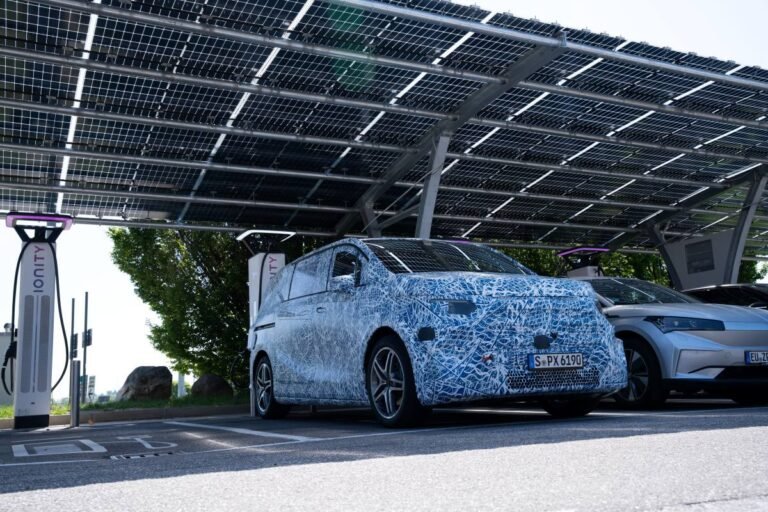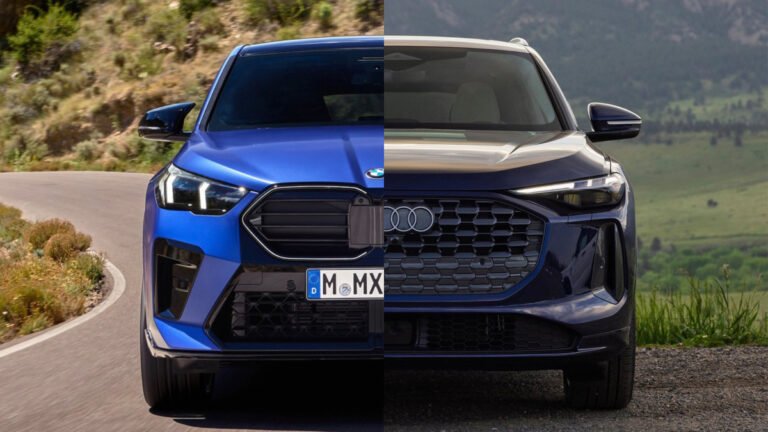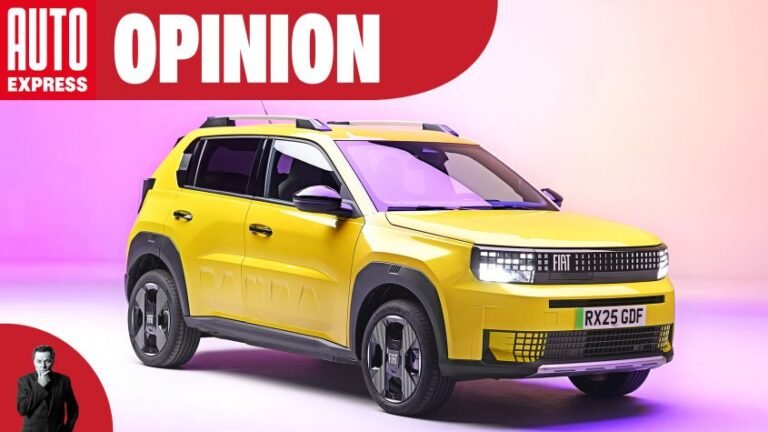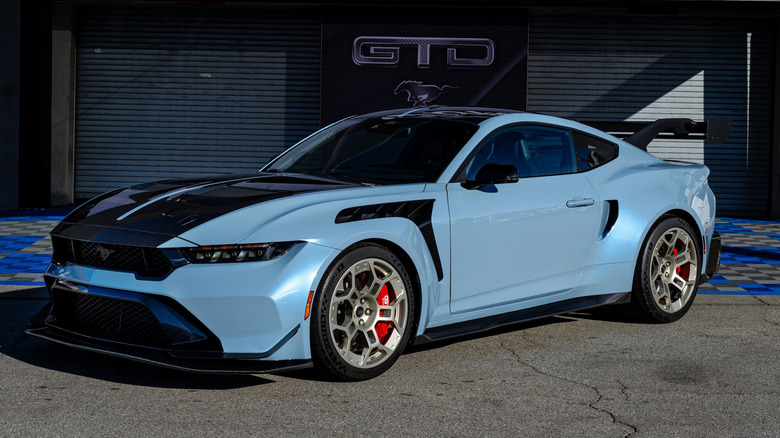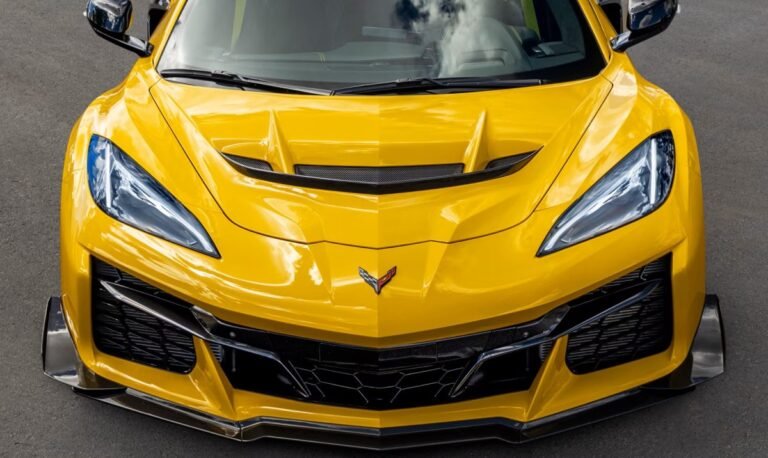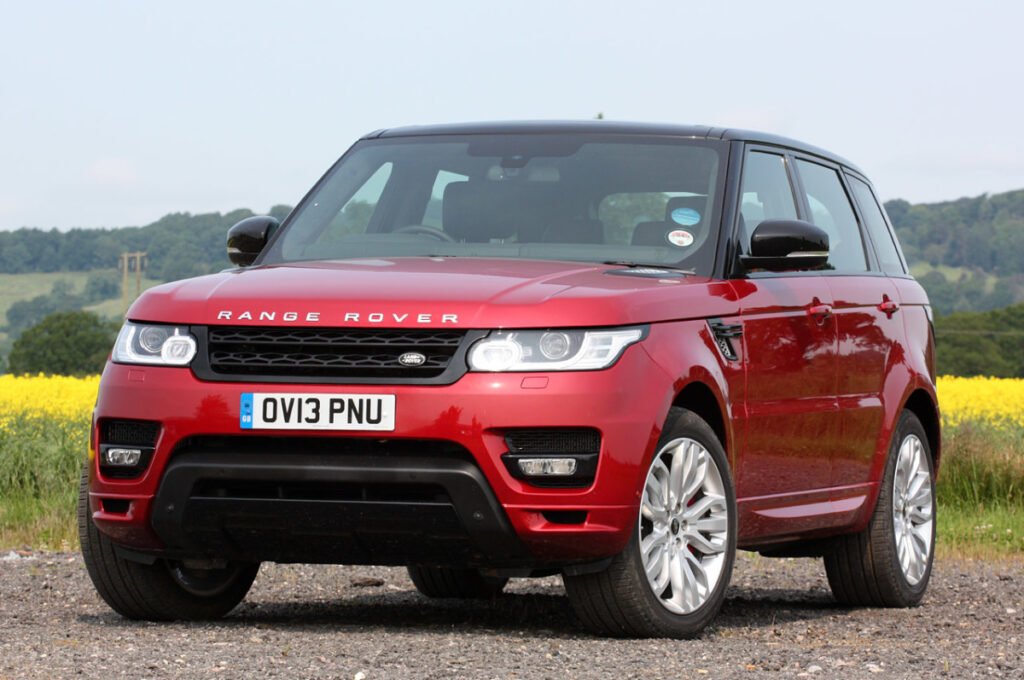
NHTSA investigation covers 2014-2017 models
The National Highway Traffic Safety Administration (NHTSA) has opened an investigation into a potential issue with 91,856 Range Rover Sport luxury SUVs sold between 2014 and 2017. First spotted by Road & Track, the investigation focuses on possible fracturing of the aluminum steering knuckles in these vehicles.
Steering knuckles connect the front and wheel-and-tire assembly, hub, and brakes to the suspension via a pivoting assembly that allows for steering. A failure of one of these critical pieces “may lead to detachment of the upper suspension arm, which under extreme avoidance maneuvers may compromise the vehicle’s controllability and increase the risk of a crash,” the NHTSA said in a statement.
The NHTSA said it received 12 reports from owners stating that “one or both aluminum front steering knuckles have fractured at the top of the joint where the steering knuckle attaches via a pinch bolt and nut to the upper control arm ball joint.” Investigating those reports is the first step toward issuing a recall, although that hasn’t happened yet.
Family Tree Branches Out
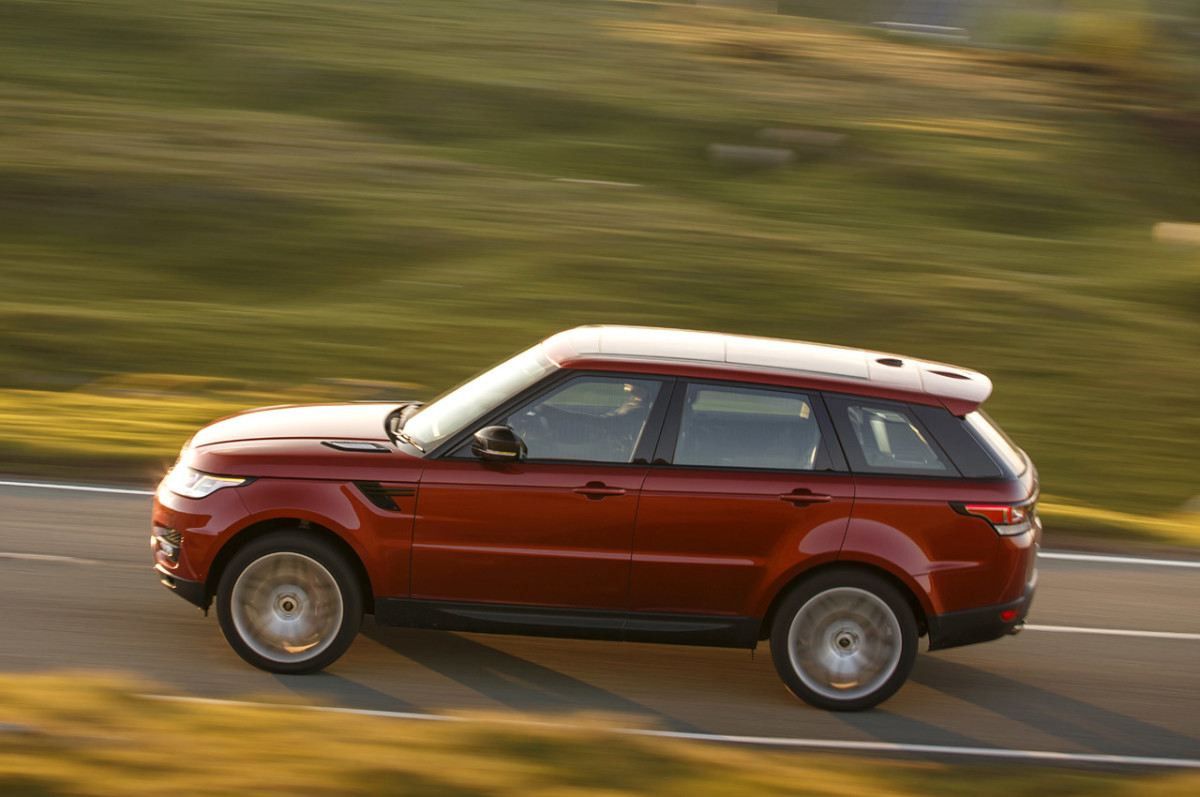
The investigation covers a portion of second-generation Range Rover Sport models sold in the U.S. Known internally as the L494, this generation arrived for the 2014 model year and continued until model year 2022. It ensured the first-generation Range Rover Sport wouldn’t be a one-off, cementing what has become Land Rover’s core strategy of building families of models around each nameplate.
Since the introduction of the original Range Rover Sport, the Range Rover Evoque and Velar have joined it in the Range Rover corner of the lineup, along with the Discovery Sport as a junior version of the Discovery family hauler. Recent marketing has even subverted the Land Rover name itself, emphasizing the Range Rover, Discovery, and Defender nameplates instead.
Related: What We Know About the Upcoming EV Range Rover
